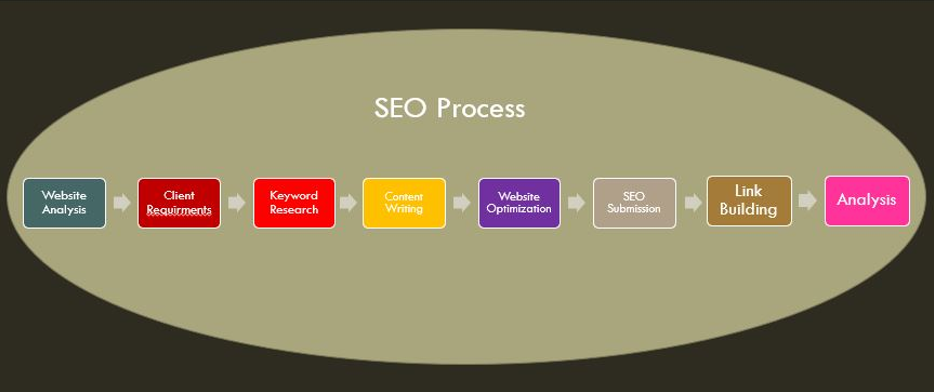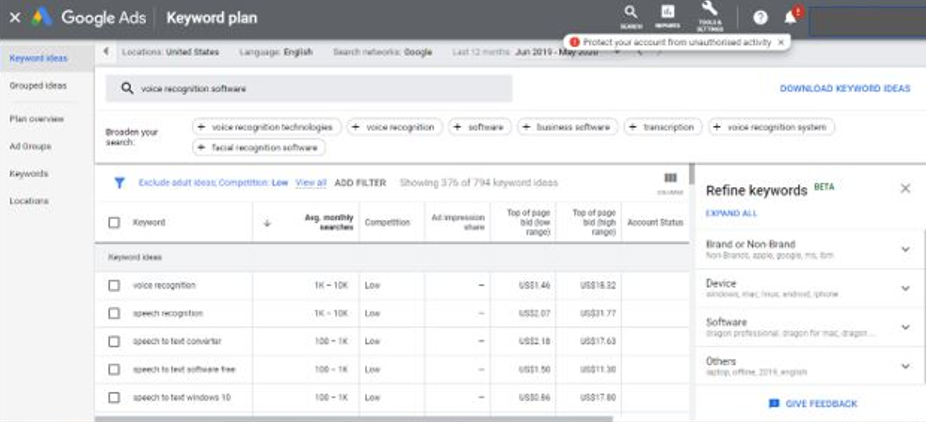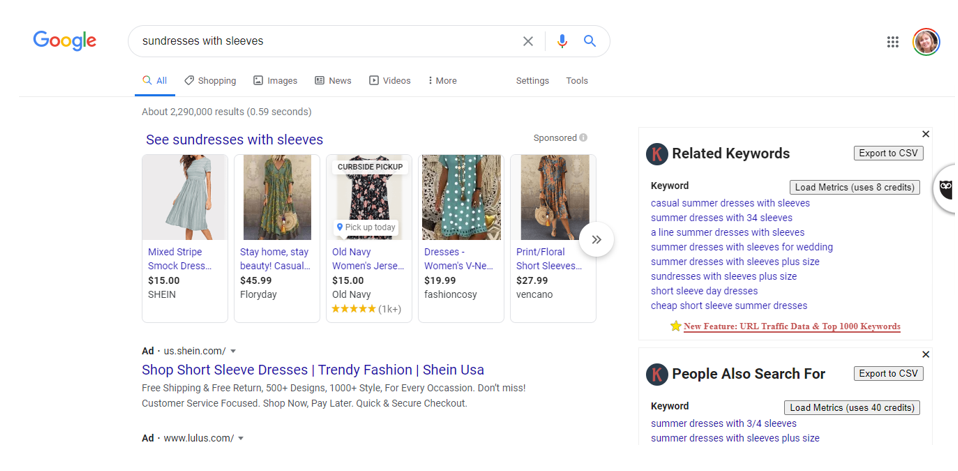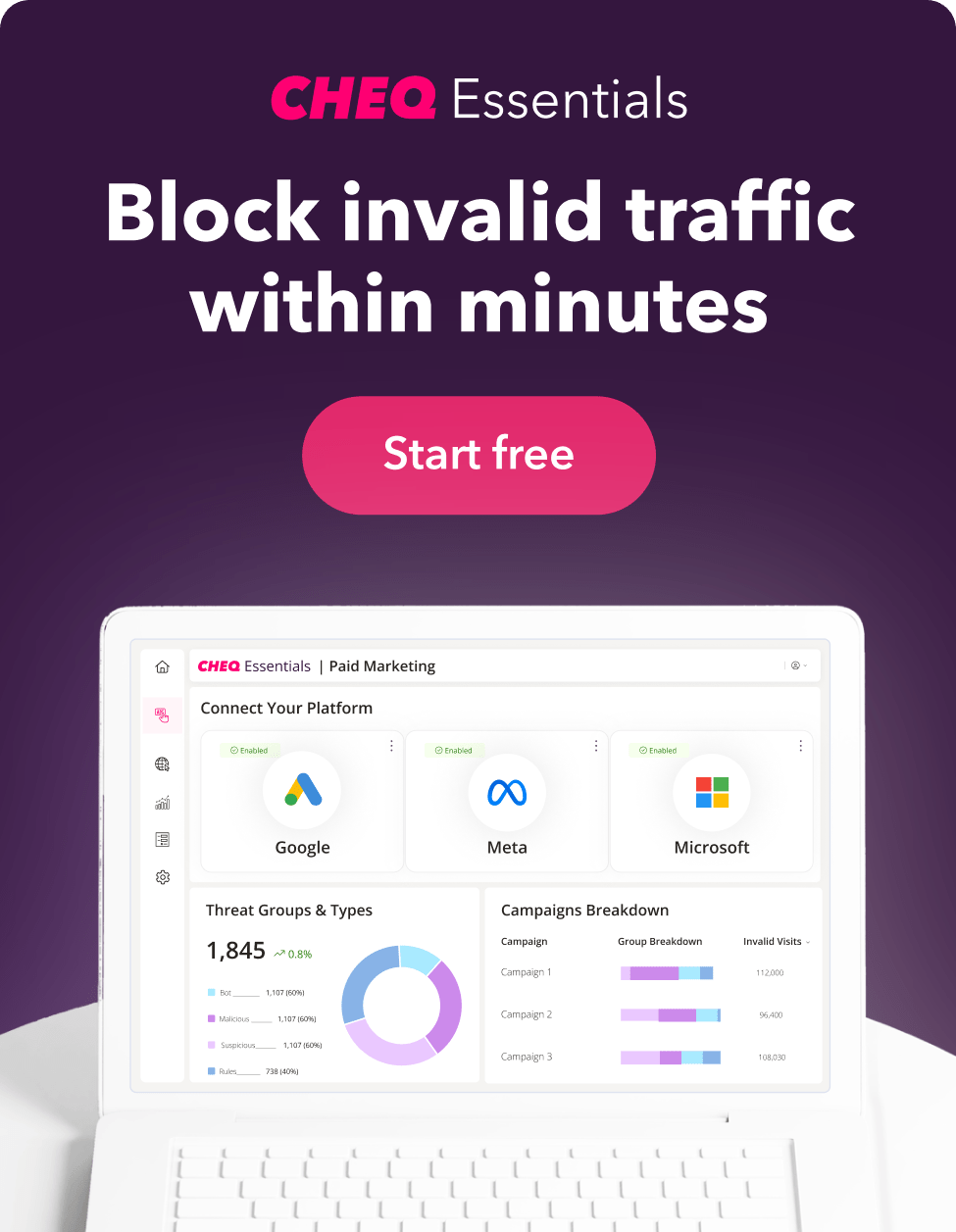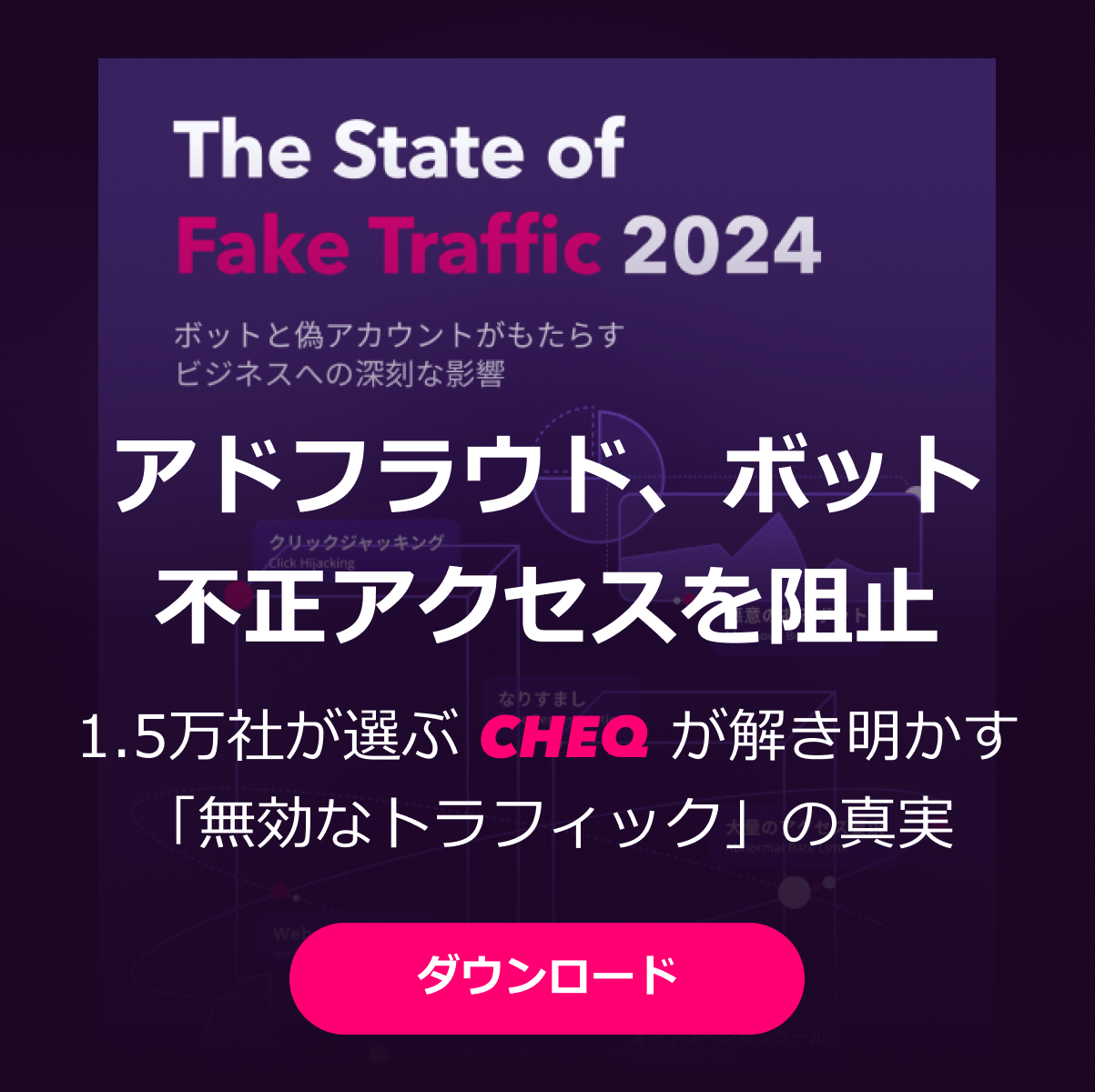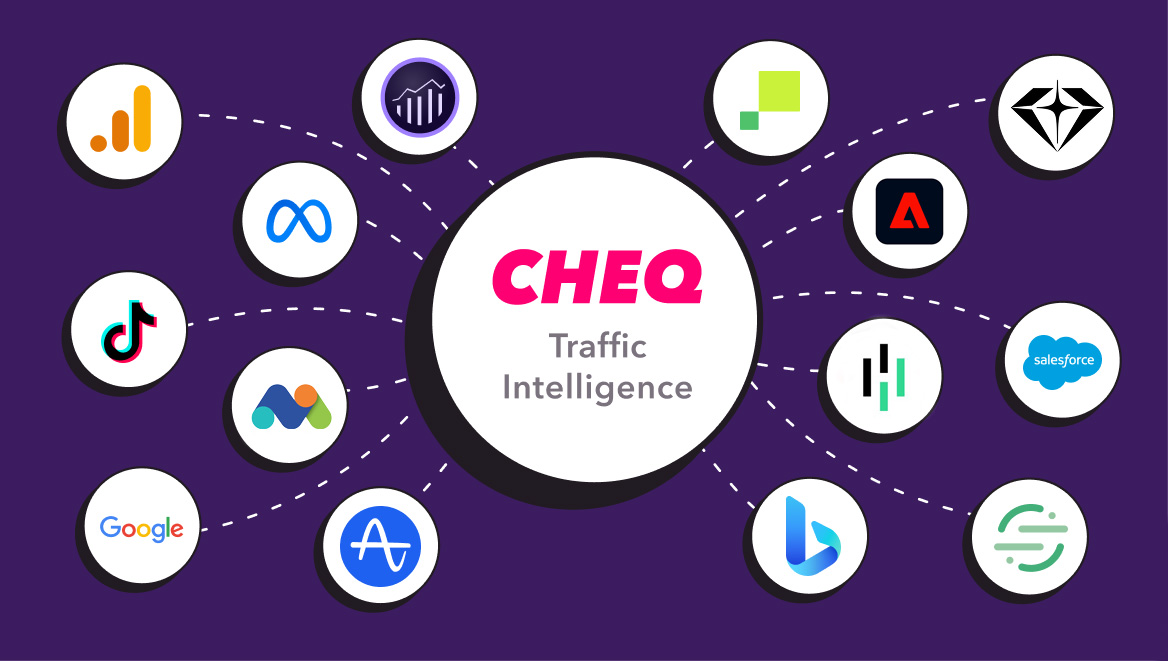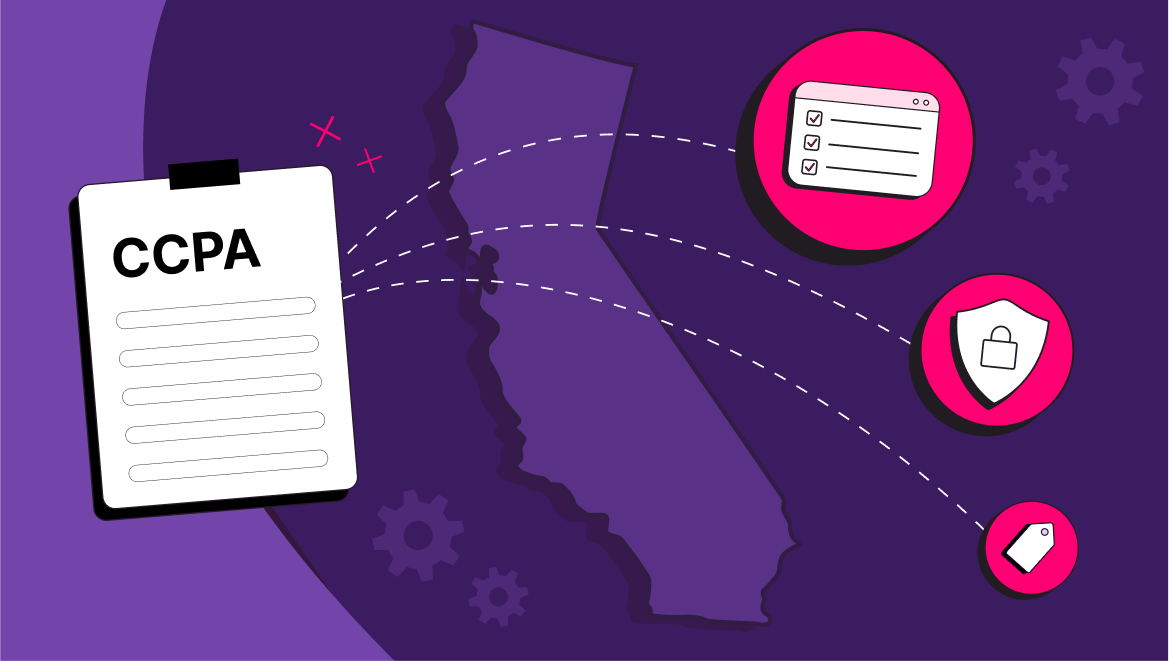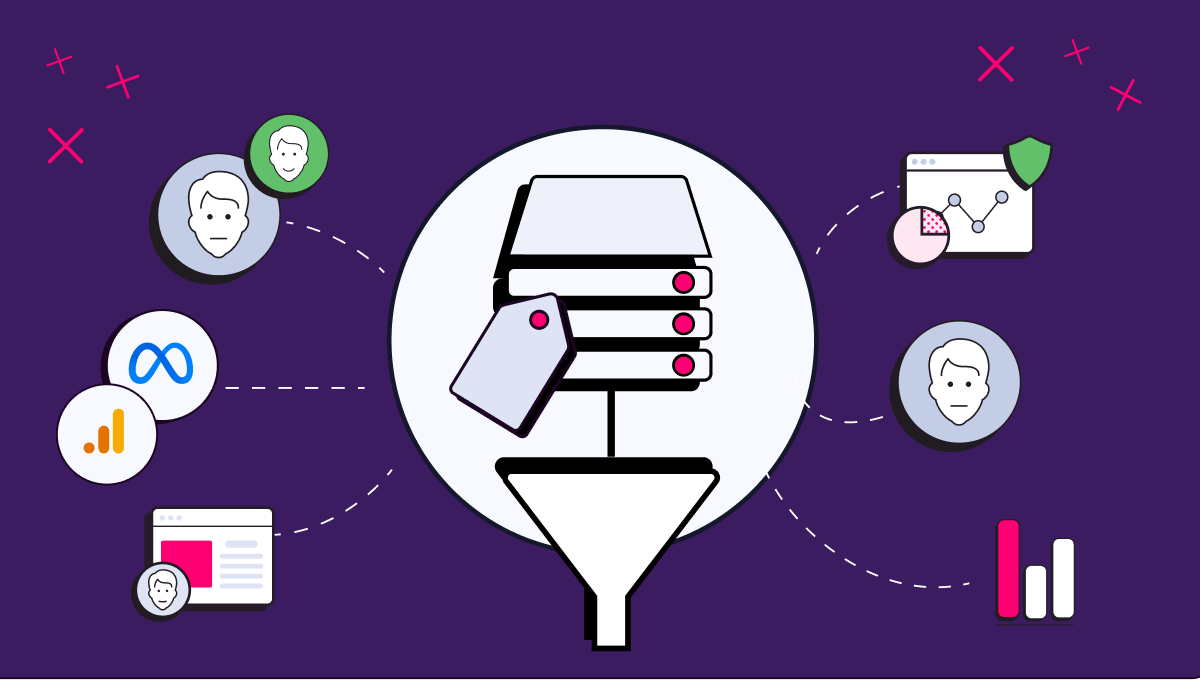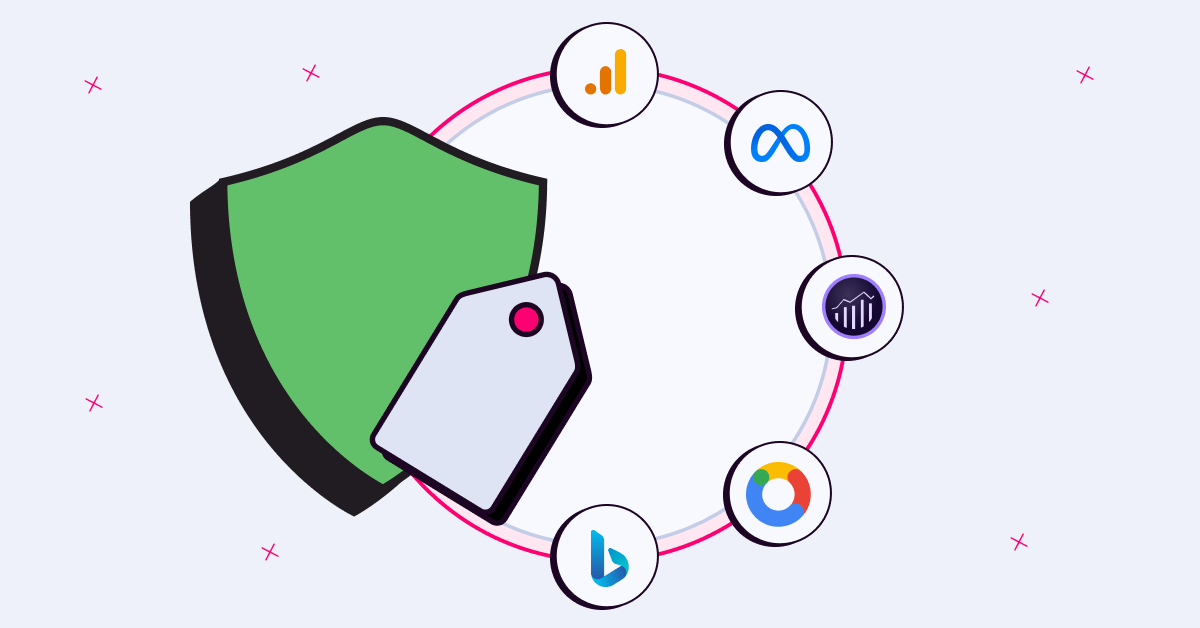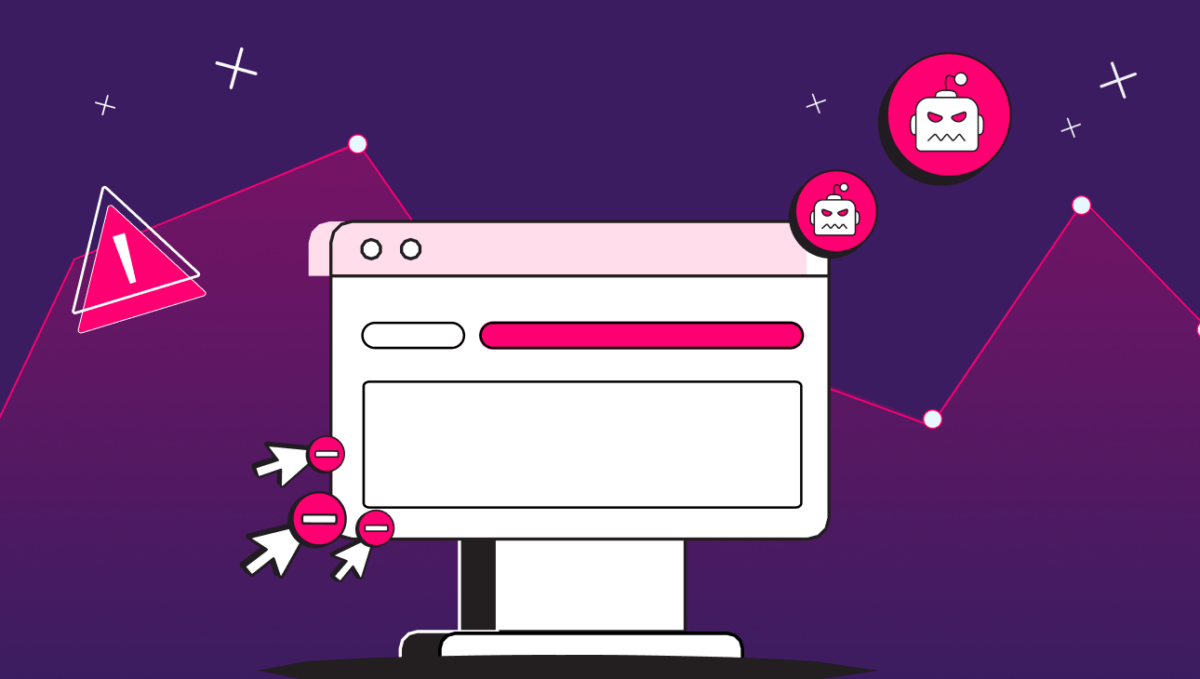SEO and PPC: Pros and Cons
Deborah Kurfiss
|Website Ops & Security | June 23, 2020
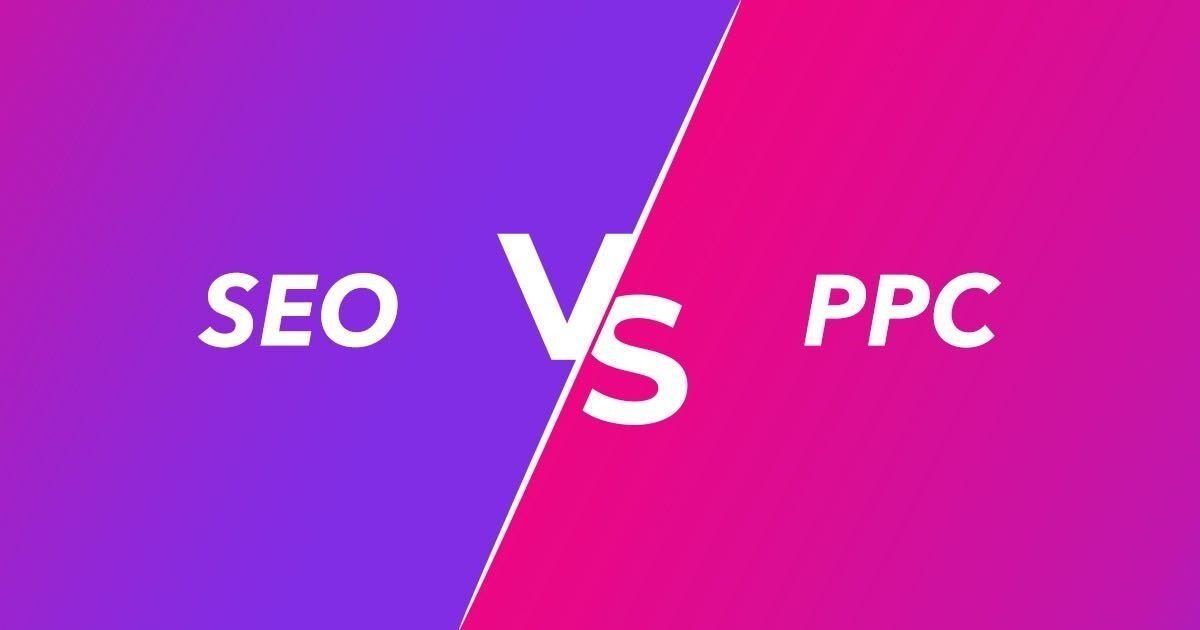
Digital marketers sometimes struggle with the decision of when to use SEO and when to use PPC. They are not mutually exclusive, but you need to understand the pros and cons of each. Whether or not you should choose one or the other or a mix depends on your company’s current situation, marketing strategy, and goals.
Primary Differences Between SEO and PPC
- SEO, of course, stands for Search Engine Optimization. When you optimize your digital content for SEO, you use keywords and other methods in an effort for it to appear organically when people perform searches on search engines such as Google or Bing. You do not have to pay search engines for your results to appear, but even when you do it right, it may take months for SEO to generate increased traffic to your website and for your site to appear high in search engine rankings.
- PPC stands for Pay Per Click. When someone performs a query in a search engine, you can pay for your result to appear at the top. It will, however, be marked in some way as sponsored content. You can also pay for PPC ads to appear on various websites by making purchases through ad networks, but for the purposes of this article, we will be discussing PPC ads in search engine results.
Both SEO and PPC can get your brand in front of people and increase your visibility. And both can drive traffic to your website. Let’s take a closer look so you can determine when it is most cost-effective to use one rather than the other and situations where each can best help you reach your goals.
Advantages of SEO Over PPC
Credibility
There is the perception that anyone can pay to be at the top of search engine results. But you need to earn your place in the organic results on the first page of a search engine. When your content appears organically at the top of a Google search, you gain more credibility with your audience than you do if they can see you paid to be at the top with PPC.
Better Click-Through Rates
For the credibility reason just discussed, many people just skip over paid results. Approximately 39% of total e-commerce traffic (worldwide) comes from search – 35% of it organic and only 4% of it through paid search ads. Although there are always some exceptions, generally, significantly more people click on organic results generated by SEO than click on PPC results. Of course, organic results are not going to do you much good if they are too low in search engine rankings. 95% of all searchers click on one of the links in the first Search Engine Result Page (SERP).
Cost-Friendly
You don’t have to pay search engines to feature your content when you use SEO. It achieves placement on merit. It’s not practical to create PPC campaigns for all the content on your site. But just because search engines don’t charge you doesn’t mean SEO won’t cost you anything. You will have to pay knowledgeable content creators and savvy SEO experts unless you have the time and expertise to do it yourself. You can still usually expect better ROI from SEO over PPC in the long run for driving traffic and increasing brand awareness.
Longevity
When you stop paying for PPC ads, they stop, and any website traffic and visibility you derived from them disappears. But when you put the work in on SEO, once you achieve good search engine placement, if you are forced to stop marketing for a while, your organic traffic is not going to just disappear overnight. Of course, search engines like it when you keep your content fresh, so don’t let your content stagnate.
Reach
When you pay for PPC ads, your ad appears when people perform certain keyword searches. Of course, with SEO, you choose certain keywords when writing your content. Search engines can pick up a wider range of organic content than you are likely to pay for using PPC ads. It is not practical to pay for all the variations people may type into a search.
SEO musts
Achieving great SEO is a process, as you can see from this SEO process chart. Here, we are going to give you a few musts.
Publish Quality Content
Don’t just hire cheap writers to scribble out anything as long as the articles contain specific keywords. Google increasingly rewards quality content. Offer useful content that people want to read.
Choose Keywords Strategically
Choose keywords and phrases carefully. If you are a lawyer, for example, you are never going to get on the first page of Google with just the word “lawyer.” With a good content plan, you might get there with a phrase that is more specific such as “Riverdale child custody attorney.”
Use the free Google Keyword Planner to search for keyword alternatives. You can set filters for “high search” terms that people search for often but are still “low competition,” that is, are used less than other available keywords. Of course, there are also many third-party tools.
Place Keywords Where It Counts
Choose different keywords for different pages on your site. If you are using the same keywords on a lot of your pages, it will interfere with search engine ranking. Use the chosen keywords well-spaced within the content. It should appear within the first 150 words. Also, consider using your primary keyword in your title tag, URL, the page’s H1 tag, and in the meta description and alt attributes of images.
Don’t Overstuff Keywords
You want to use your keywords enough, so search engines pick them up but not so much that search engines penalize you for keyword stuffing.
Don’t Fly by the Seat of Your Pants
Google provides a lot of guidance and tools for tracking metrics and developing keywords, but you may also want to check into various third-party tools such as SEMrush, Ahrefs, Moz, and SpyFu.
Build Backlinks
It’s not enough to just construct your website with an eye to SEO. Backlinks from high-authority sites back to your site are also crucially important because they cause search engines to recognize your site’s content as credible and valuable. Search engines want valuable content to be the first thing their users see.
Track Your Metrics
Using Google Analytics and other web tools to track what content is driving the most traffic. Tweak your content accordingly.
Drive Your Audience to Your Content
Search engines are just one way your audience finds your site. Increase its visibility by posting social media content and press releases that drive people to your site. As an added bonus, search engines may pick up social media posts and press releases as well as landing pages and blog posts.
Advantages of PPC Over SEO
Speed
One of the most important reasons to use PPC ads over organic SEO is speed. It often takes months to build up your traffic and get a piece of content on the first SERP of a search engine. But you can buy ad space and get a PPC ad on the first page of Google in a day. If you are launching a startup or a new product, PPC ads make sense.
Position
Even though your ad will indicate it is sponsored rather than organic content when search results appear, the compensation for this is guaranteed position. Paid ads appear first in search results. Even if someone does not click, it’s almost impossible to avoid seeing them.
Control
You have more control over what people see when you buy a PPC ad vs. achieving an organic search result. You include any message you like as well as a phone number, address, offer, pricing or whatever else serves your purpose and fits the parameters. One of the most important things you can include is an image of a product.
Not only do you have more control of the content, but you also have more control over targeting. You can target not just by keyword searches but also by specific audiences. You can show ads at certain times of day, days of the week, location, device used, and more. You can also customize ads for visitors to your site, even following them with your ads as they move to other sites.
Better analytics
You can track paid search ads more closely than you can organic search results. For example, with PPC, you can find what keywords cause a customer to convert. You can use this information to help boost all your marketing.
PPC Musts Identify Effective Keywords and Phrases
Keywords are as critical to PPC as they are to SEO. You need to know what people are searching for. You may also want to run campaigns to promote certain keywords and phrases and make them your own.
Target Your Audience
The body content of your post goes here. To edit this text, click on it and delete this default text and start typing your own (or paste your own from a different source).
To control the color or size of this text, please change the global colors or text size under the Design section from the left menu of the editor.
When you decide to pay for digital advertising, you can target your audience in a much more focused way than you can using SEO. This includes location and various demographics. You can also retarget those who visit your website when they go to other sites, including search engines. You can even show them specific products they viewed on your site.
Determine your budget
Before you start a PPC campaign, plan your bid amount and set the daily budget you want to spend. PPC campaigns can be expensive in order to be effective, so make sure the money you spend is worthwhile.
Design Effective, Easy to Navigate Landing Pages
There is nothing more frustrating than clicking an ad and not being able to find the item or service advertised. Your audience should click through to a landing page that is on-point with your ad, not just a general company page.
Test and Tweak
You will want to test every aspect of your PPC ads, including the title, the content, and the image. Test various aspects and see what combination gives you the most clicks and the highest conversions. You do not need to do this manually. There are services such as those provided by AdRoll and others that can run real-time testing and display the most effective ads of the ones you provide.
Track Your Metrics
There are many metrics that you can and should measure regularly, including cost per click (CPC), cost per conversion, and return on ad spend (ROAS).
Guard Against Click Fraud
When you pay for digital advertising, you must be sure to guard your investment against click fraud. Click fraud costs PPC advertisers $60 billion per year. Some unscrupulous advertisers arrange for ads placed on their site to be clicked repeatedly in order to collect payment for the false clicks. Other times ads may be targeted by malicious hackers. Though many search engines and networks have protections against click fraud, they only detect a fraction of click fraud transgressions. You can look to CHEQ, however, for award-winning cybersecurity solutions (book a demo here). CHEQ offers the first cyber-driven platform for the elimination of fraudulent and invalid clicks across all PPC and paid social platforms.
Is SEO or PPC Better?
“Is SEO or PPC better?” is the wrong question. They are not mutually exclusive, and most companies can benefit from using both. The question is, “When should I use SEO, and when should I use PPC?” It depends on the circumstances of your company and what you would like to promote. Reread this entire article for a more detailed analysis, but in a nutshell, Consider PPC when:
- You are launching a new company or a new product or want to get some immediate buzz around a time-sensitive offer or event. SEO takes time to build. But when you pay for advertising, you can have eyeballs overnight.
- You are in an extremely competitive market, and it is difficult to get on the first page of Google or other popular search engines
Consider SEO when
- You have a lot of content you want to promote, and it is not cost-effective to use PPC.
- You want to build traffic that is sustainable over time, even if you cannot always pay for marketing.
- You want the credibility of organic search results.
Advantages of Using SEO and PPC Concurrently
- As we noted, you can get more detailed metrics from PPC than SEO. You can use the data you gather for keywords, content, clicks, and conversions and use it to up your SEO game.
- You can buy PPC ads in the beginning and, at the same time, build your organic SEO for the same content.
- Your audience may find you through an organic search, but you can retarget them with customized PPC ads.
Long story short, you are better off using both SEO and PPC. Both have their place, and they support each other.
Remember to make sure that your PPC campaign is being seen by the people you want to see it. CHEQ for PPC is the first solution to block invalid clicks across multiple platforms. Up until now, invalid click solutions have focused exclusively on Google Ads and have only detected basic invalid traffic through the use of outdated IP blacklists. In contrast, CHEQ for PPC is the first to eliminate invalid clicks across all major PPC platforms, including Google, Facebook, Instagram, Baidu, Bing, LinkedIn, Snap, Twitter, Pinterest, Yahoo, Yandex, and more.
